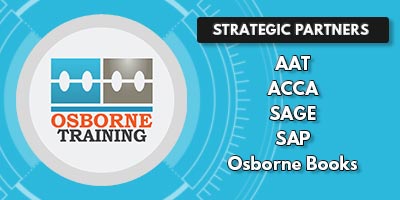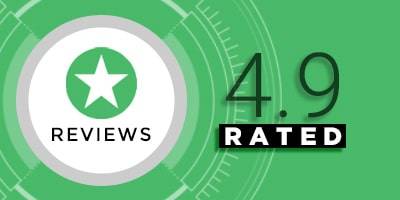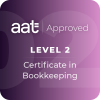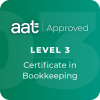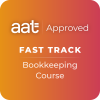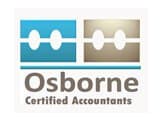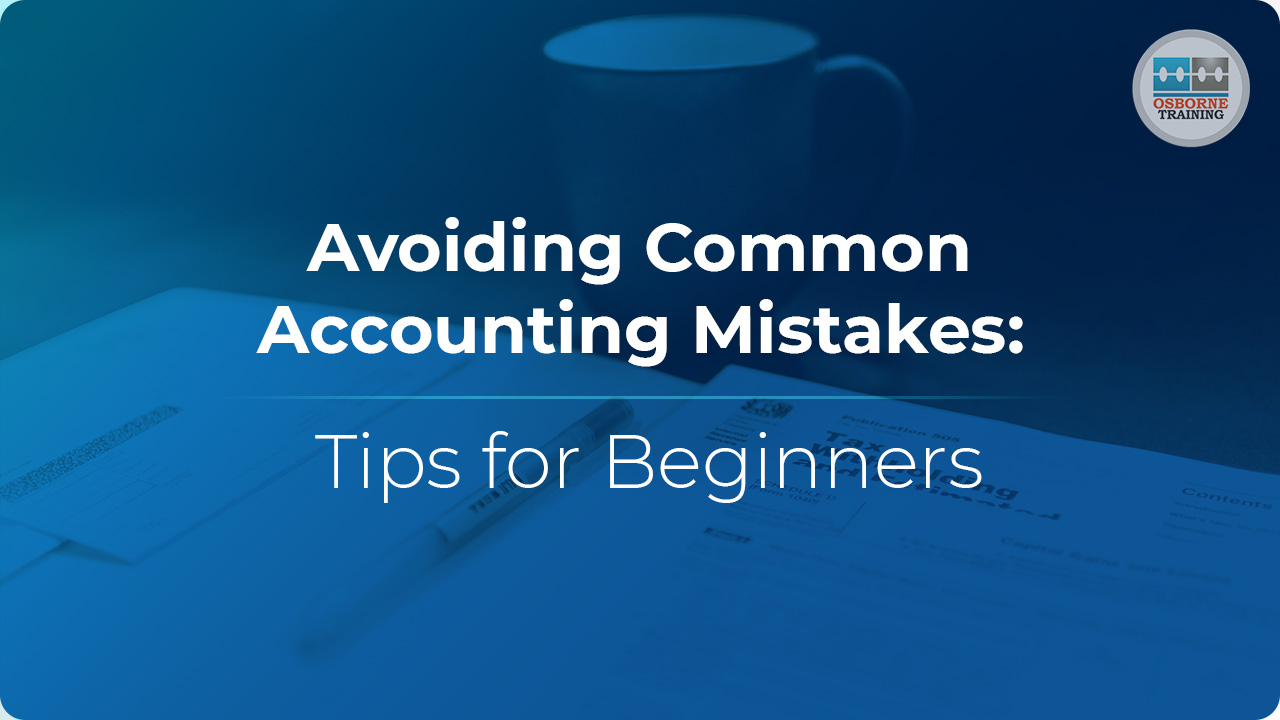
Avoiding Common Accounting Mistakes: Tips for Beginners
As a beginner in the world of accounting, you are entering a profession that demands precision, accuracy, and attention to detail.
While accounting may seem complex at first, knowing the common mistakes that beginners often make can help you avoid them and set you on the path to success.
Here are some practical tips to help you steer clear of common accounting errors and maintain financial accuracy.
1. Keep Accurate Records
One of the most common mistakes in accounting is poor record-keeping. Inconsistent or inaccurate record-keeping can lead to errors in financial statements, tax filings, and audits.
To avoid this, establish a clear system for organizing and maintaining financial records. Use digital tools and software designed for accounting to automate and streamline the process. Ensure all transactions are recorded in a timely manner and categorize them appropriately.
2. Understand Debits and Credits
Accounting is built on the foundation of debits and credits. Misunderstanding these basic concepts can lead to errors in journal entries and financial statements.
Take the time to learn and understand the rules of debits and credits.
Practice creating journal entries to reinforce your knowledge, and refer to accounting resources or mentors when needed.
3. Reconcile Accounts Regularly
Reconciling accounts is essential for ensuring accuracy. Failing to reconcile regularly can lead to discrepancies and errors.
Schedule regular reconciliations for bank accounts, credit cards, and other financial accounts.
Reconciliation helps identify missing transactions, duplicates, and other anomalies that need correction.
4. Double-Check Your Work
It’s easy to make data entry errors, miscalculate, or misclassify transactions. To avoid these common mistakes, double-check your work. Review journal entries, calculations, and financial statements for accuracy.
Utilize accounting software with built-in error-checking features, and consider having a colleague or mentor review your work as an extra layer of assurance.
5. Stay Up to Date with Regulations
Accounting standards and tax regulations can change over time. Failing to stay informed about these changes can result in compliance issues and financial penalties.
Subscribe to accounting publications, join professional organizations, and attend continuing education courses to stay up to date with the latest regulations and best practices.
6. Seek Professional Advice
If you’re unsure about an accounting issue, don’t hesitate to seek professional advice. Consulting with experienced accountants or tax professionals can help you avoid costly mistakes.
Consider forming relationships with mentors or joining accounting forums where you can ask questions and learn from others’ experiences.
7. Use Reliable Accounting Software
Investing in reliable accounting software can help you avoid common accounting mistakes. Choose software that suits your needs and offers features such as automated data entry, error-checking, and integration with other financial tools.
Familiarize yourself with the software’s features to make the most of its capabilities.
8. Plan for Tax Season
Tax season can be stressful, especially if you’re not adequately prepared. Avoid tax-related mistakes by keeping track of deductible expenses, maintaining accurate records, and understanding the tax implications of various financial transactions.
Consider working with a tax professional to ensure compliance and maximize your deductions.
Conclusion
By following these tips, beginners can avoid common accounting mistakes and build a strong foundation for a successful career in accounting. Remember, accuracy and attention to detail are key. Take the time to learn, double-check your work, and seek professional guidance when needed.
With diligence and a commitment to continuous learning, you can navigate the complexities of accounting and excel in your career.
Want to build your career in Accountancy? Browse our AAT Accredited accountancy courses here.
